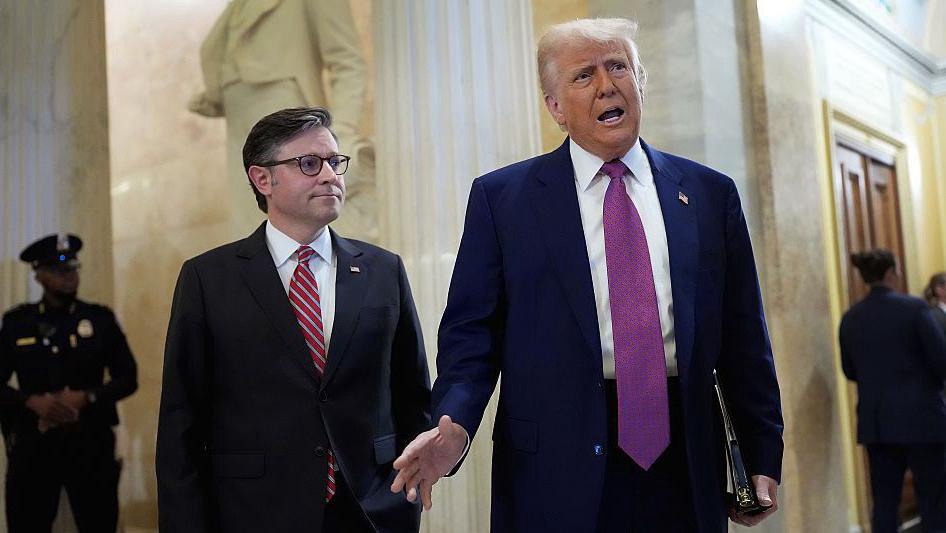President Donald Trump’s “One Big Beautiful Bill” has sparked significant debate following its narrow passage in the House of Representatives. The bill, a comprehensive package encompassing tax reforms, immigration policies, and defense spending, proposes substantial cuts to the Supplemental Nutrition Assistance Program (SNAP), which provides essential food assistance to millions of Americans. Critics argue that these reductions could severely impact vulnerable populations, particularly in states like Tennessee, where a significant portion of the population relies on SNAP benefits.
In Tennessee, approximately 700,000 individuals participate in SNAP, constituting about 10% of the state’s population. Notably, over two-thirds of these participants are families with children. The proposed cuts could jeopardize the food security of 3.2 million households nationwide, with Tennessee being among the hardest-hit states. The bill suggests shifting the responsibility of administering SNAP to individual states, a move that raises concerns about the feasibility of such a transition. Katie Growden, Tennessee State Manager for Save the Children Action Network, emphasizes that without federal funding, the state would struggle to maintain the program, potentially leading to reduced eligibility, lower benefit levels, or even the discontinuation of the program altogether.
Supporters of the bill argue that the proposed tax cuts will stimulate economic growth, potentially offsetting the negative impacts of SNAP reductions. However, critics question the efficacy of this approach, pointing out that the anticipated economic benefits may not reach those most in need. The bill’s provisions also include significant tax cuts, particularly benefiting high-income earners, which some argue could exacerbate income inequality and place additional strain on state resources.
The debate surrounding the “One Big Beautiful Bill” underscores the tension between fiscal conservatism and social welfare. While proponents advocate for reduced government spending and lower taxes, opponents warn that such measures could undermine the social safety net that supports millions of Americans. As the bill moves to the Senate, its future remains uncertain, with ongoing discussions about its potential impact on vulnerable populations and the broader economy.
In conclusion, the proposed cuts to SNAP within President Trump’s “One Big Beautiful Bill” have ignited a critical conversation about the balance between fiscal policy and social responsibility. The outcome of this legislation will likely have profound implications for food assistance programs and the individuals who depend on them, particularly in states like Tennessee. As the legislative process continues, it is essential to consider the long-term effects on those most affected by these proposed changes.





